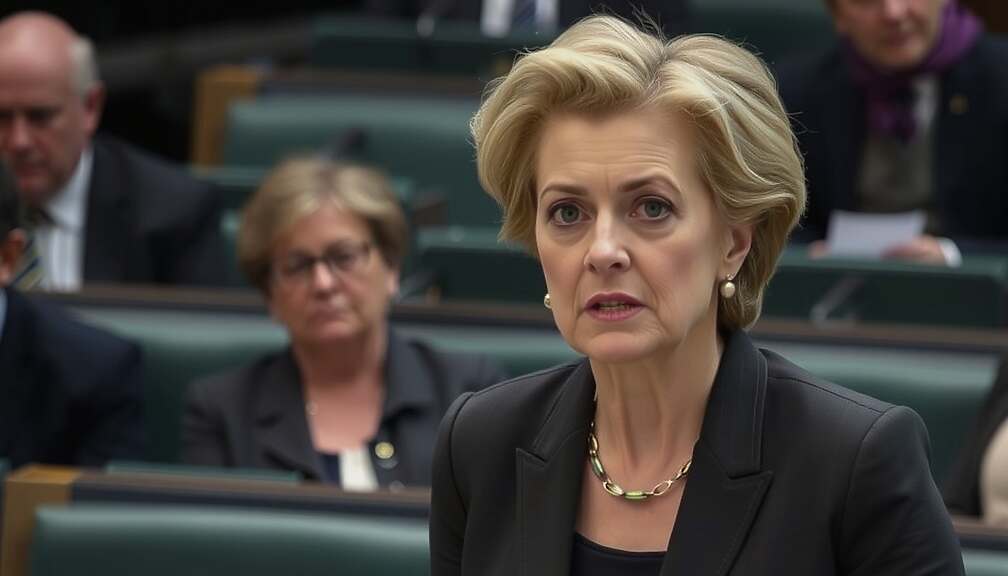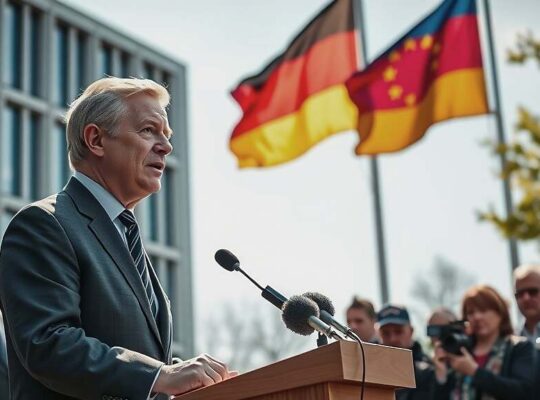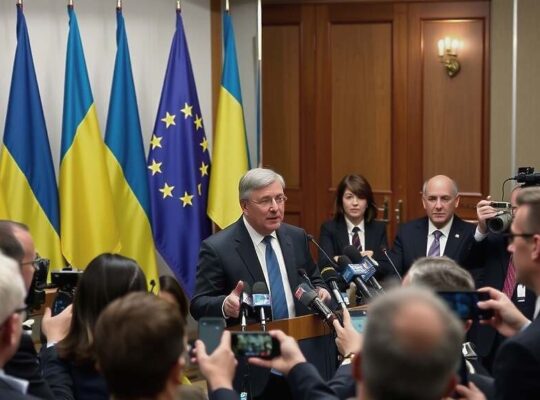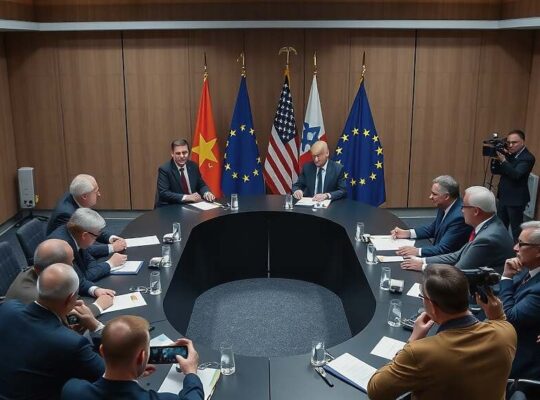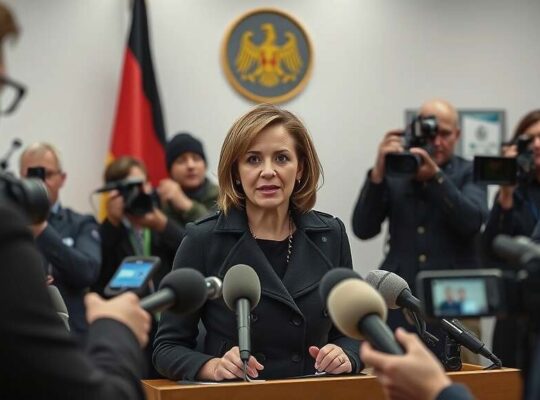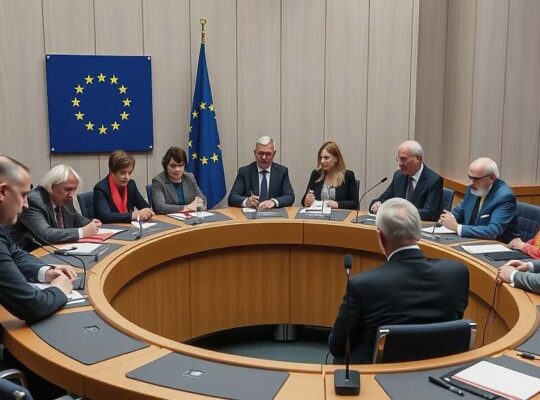European Commission President Ursula von der Leyen has defended her handling of the COVID-19 pandemic during a hearing preceding a vote of no confidence in the European Parliament. Addressing Members of Parliament in Strasbourg on Monday, von der Leyen asserted that Europe had successfully navigated the pandemic, recalling the challenging initial months and describing the crisis response as a period of “European solidarity”. She highlighted investments made to support businesses and drive medical innovation, stating, “This is the true story of the pandemic.
Von der Leyen also launched a counter-attack against the motion’s proposers, whom she characterized as aiming to “polarize societies”. She viewed the motion as an attempt to create division between European institutions. The motion was tabled by Romanian MEP Gheorghe Piperea from the European Conservatives and Reformists (ECR) group. Piperea argued it was “a necessary step to return to the fundamentals of democracy” aimed at halting a “trend towards centralization of power” and the gradual appropriation of responsibilities rightfully belonging to member states and the European Parliament.
The motion is partly triggered by the controversy surrounding undislosed text messages exchanged between von der Leyen and the CEO of Pfizer during the pandemic. Defending her position, von der Leyen stated that all member states were aware of the content of the agreements. An EU court previously ruled that the Commission’s reasoning for withholding the messages, despite requests, was insufficient and the messages remain unpublished. Doubts persist regarding whether the texts even still exist.
Another key area of criticism revolves around a €150 billion credit package initiated by the Commission to finance more joint European defense capabilities. The motion’s proposers accuse von der Leyen, a politician from the Christian Democratic Union (CDU), of circumventing the European Parliament. Piperea emphasized that the aim is “to state clearly that no politician, not even the President of the European Commission, stands above the law or our shared values.
While Von der Leyen is expected to face the vote with relative confidence, as the motion is unlikely to garner the required two-thirds majority needed for success, given the broad opposition to actions by extremist factions within the European Parliament, the proceedings highlight deeper tensions within the institution. Social Democrats and Greens used their speaking time to criticize the far-right and warn the Commission against cooperating with the ECR group. Martin Schirdewan from The Left delivered a particularly sharp rebuke, accusing the right-wing, recently implicated in a corruption scandal, of hypocrisy and stating that the situation underscored a broader problem of institutional opacity facilitated by von der Leyen’s lack of transparency.


